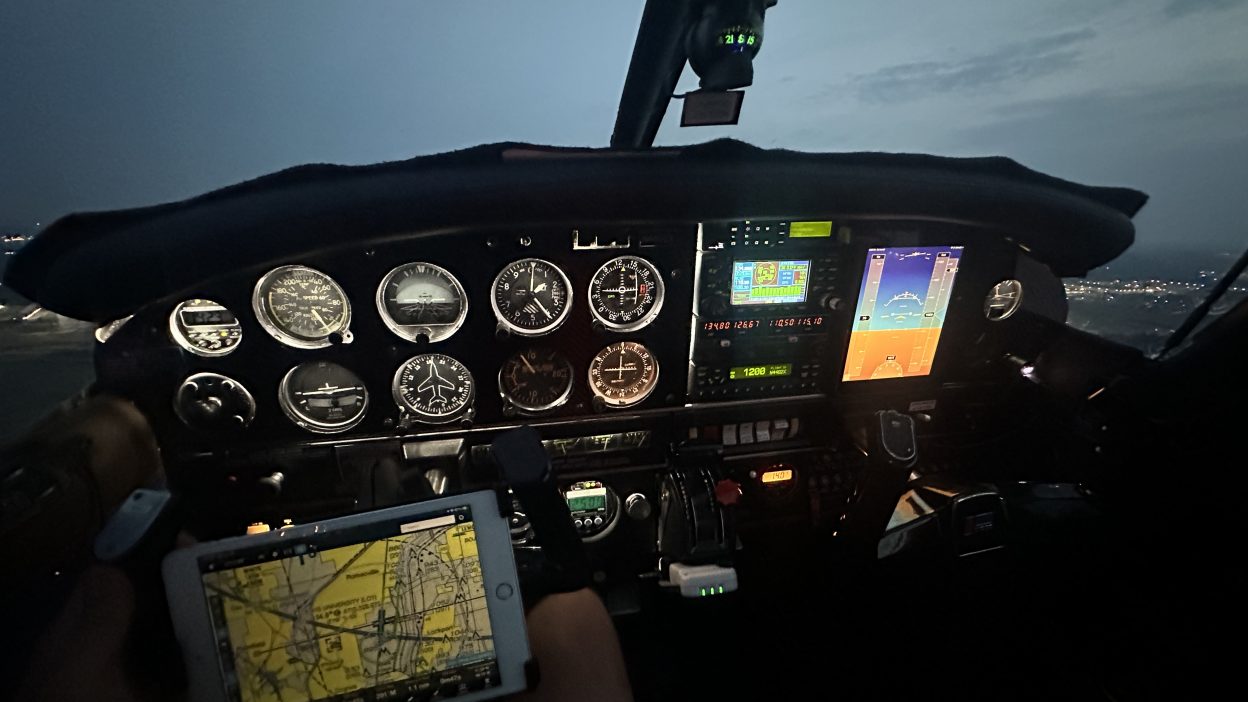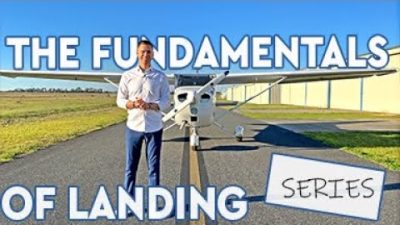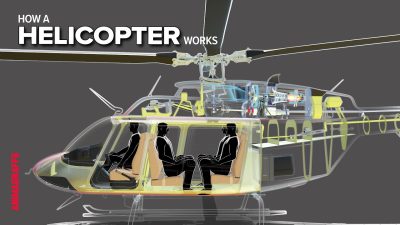The FAA introduced BasicMed in 2017 as an alternative medical qualification for pilots who previously held a third-class medical certificate. This program was created to simplify medical requirements, allowing eligible pilots to continue flying without needing an FAA medical certificate. Here’s an updated, in-depth look at BasicMed, including the requirements, limitations, and what pilots need to do to qualify.
What is BasicMed?
BasicMed allows pilots to operate certain types of aircraft without holding an FAA-issued medical certificate, provided they meet specific requirements and complete regular medical education. The goal of BasicMed is to make it easier for pilots who meet the criteria to keep flying, even if they no longer meet the FAA’s traditional medical standards.
Who Qualifies for BasicMed?
To qualify for BasicMed, pilots must meet the following requirements:
- Hold a U.S. Driver’s License: A valid U.S. driver’s license is required, and it must be kept current to remain eligible.
- Previously Held a Medical Certificate: You must have held an FAA medical certificate at some point after July 14, 2006. If you’ve only ever had a third-class medical, that’s sufficient.
- Comprehensive Medical Exam: Every four years, you must complete a Comprehensive Medical Examination (CME) with a state-licensed physician, who will use the FAA’s Comprehensive Medical Examination Checklist (CMEC) to confirm that you meet the BasicMed medical standards.
- Complete BasicMed Education Course: Every two years, you’re required to complete an online BasicMed medical education course. These courses are offered by organizations like AOPA and the Mayo Clinic and focus on health and safety practices for pilots.
Steps to Get Started with BasicMed
- Schedule a Medical Exam: Visit a state-licensed physician for a comprehensive medical examination. Your doctor will fill out the CMEC form, which covers essential areas like your vision, hearing, and general health.
- Complete the BasicMed Course: Take the online BasicMed course after your exam and keep a record of your certificate of completion.
- Keep Records: Retain your completed CMEC form and your BasicMed course certificate. You’ll need to show these during an FAA ramp check or when requested by the FAA.
BasicMed Limitations and Operating Requirements
While BasicMed offers flexibility, it comes with some specific limitations:
- Aircraft Limitations: You’re limited to operating aircraft with a maximum certified takeoff weight of 6,000 pounds or less and capable of carrying no more than six occupants (including the pilot).
- Flight Limitations:
- Altitude: Flights must remain below 18,000 feet MSL.
- Speed: Aircraft cannot exceed 250 knots (288 mph).
- Geographic Limitation: BasicMed flights must remain within the United States (though some countries, like Mexico and the Bahamas, allow BasicMed pilots with special permissions).
- Compensation and Hire: You may not operate under BasicMed for compensation or hire. This rule limits BasicMed to private pilots or recreational flying rather than commercial operations.
- Type of Flight Operations: BasicMed allows both VFR (Visual Flight Rules) and IFR (Instrument Flight Rules) operations, giving pilots flexibility in weather conditions.
BasicMed vs. Traditional Medical Certificates
BasicMed does not replace the need for a traditional medical certificate in all cases. Here’s how BasicMed differs:
| Aspect | BasicMed | Third-Class Medical |
|---|---|---|
| Examiner | State-licensed physician | FAA Aviation Medical Examiner (AME) |
| Examination Frequency | Every 4 years (CME) | Every 2-5 years, depending on age |
| Education Requirement | Online course every 2 years | No additional education course |
| Aircraft Limits | ≤6,000 lbs, ≤6 seats | Depends on type rating and endorsements |
| Geographic Limits | U.S. only (some international permissions) | Valid internationally based on foreign regulations |
Pros and Cons of BasicMed
Pros
- Accessibility: BasicMed makes it easier for many pilots, especially older ones, to continue flying if they are in general good health.
- Cost Savings: There’s no need for a formal AME exam every two years, which can save pilots both time and money.
- Flexibility: BasicMed allows for IFR flight, which expands flight options compared to the Sport Pilot License.
Cons
- Limitations: The 6,000 lb weight limit, six-occupant restriction, and 250-knot speed limit may restrict some pilots depending on the type of aircraft they intend to fly.
- Geographic Restrictions: Limited to the U.S., with some exceptions in specific countries.
- Not Valid for All Commercial Operations: BasicMed is not suitable for paid flying, such as flight instruction or other forms of compensated operations.
Summary: Is BasicMed Right for You?
BasicMed is a great option if:
- You previously held an FAA medical certificate (after July 14, 2006).
- You plan to fly primarily for recreational or personal reasons.
- Your flying is within the U.S., below 18,000 feet, and in aircraft under the weight and seating limitations.
For many pilots, BasicMed provides a straightforward way to keep flying without the repeated expense and potential complexity of third-class medical renewals. Whether it’s right for you depends on your flying needs, health status, and the types of aircraft you want to operate.
With BasicMed, private pilots have more freedom, which keeps general aviation accessible and enjoyable for many. Fly safe, and happy flying!



